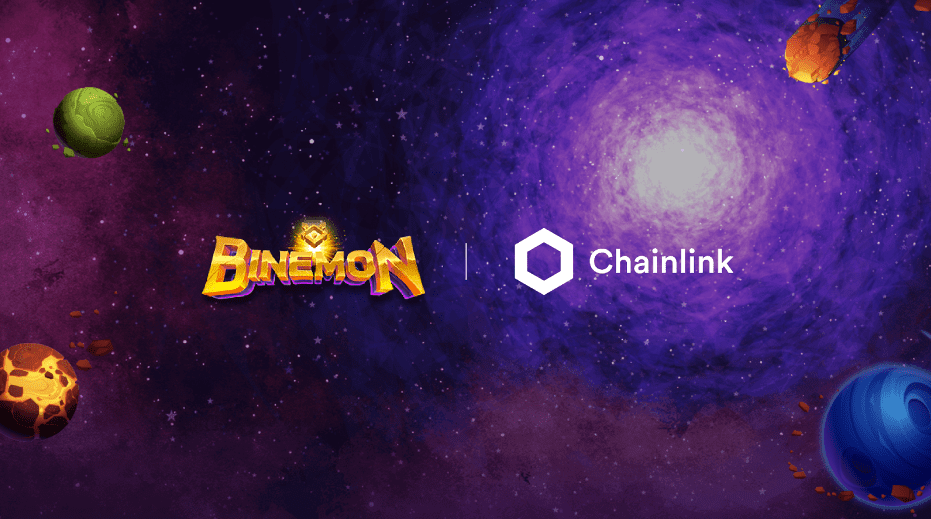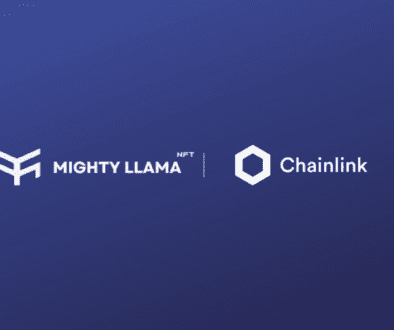NFT Play-to-Earn Game Binemon Has Integrated Chainlink
Today, NFT play-to-earn game Binemon has announced their integration of Chainlink’s Verifiable Random Function (VRF) on BNB. VRF was implemented to assign verifiably random numbers to Binemon eggs when they’re opened by players. These random numbers are then used to determine winners in Binemon’s raffles and special events, helping make the selection process more transparent.
Binemon is a meme NFT play-to-earn game that combines multiple genres: Collectible, Gacha & Idle RPG. Besides PVP and PVE gameplay and a Guild system, Binemon also owns its Squid Game Series, which they say is in preparation for their Metaverse expansion.
“Providing our community with a high standard of transparency is essential, which is why integrating Chainlink VRF was a simple decision,” said Frank Desifone, Binemon CEO. “The industry-standard RNG solution helps us give stronger assurances to our player base that our raffles are provably fair and tamper-proof.”
Chainlink is the largest decentralized oracle network in the world, and VRF is one of the services released by Chainlink Labs, along with Price Feeds, Data Feeds, Keepers, and more. VRF is often used in play-to-earn games for verifiable randomness, and in NFT collections for randomized minting, and other activities.
VRF gives Binemon users an equal chance of winning raffles and special events in the game, giving the team access to a secure random number generator (RNG) that any user could independently audit. Chainlink VRF works by combining block data that is still unknown when the request is being made with the oracle node’s pre-committed private key to generate both a random number and a cryptographic proof.
The Binemon team says that they also have plans to integrate Chainlink Keepers, which would enable smart contract automation and Chainlink Price Feeds for high-quality real-world data.



